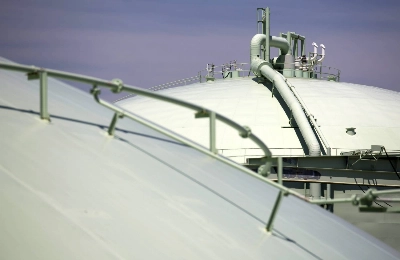Speculation is growing that Vladimir Putin will have to ease his grip on power if he wants to remain Russia's leader. His approval rating, at 80 percent a year ago, has been driven to 60 by, among other things, an uncertain economic future, critics exploiting the Internet's increasing popularity and the slowly maturing disgust among Russians at the prime minister's cynical plan to return to the presidency next year. The usually haughty Putin provided visual symbolism for these changes by appearing shaken last month when boos greeted his appearance at a martial arts fight.
The results of Dec. 4's parliamentary elections appear, at first, to have struck a further blow to Putin's authoritarianism. His United Russia Party failed to regain its majority, earning just under 50 percent of the vote, down from the commanding 65 percent that enabled the party to change the constitution unimpeded four years ago. But the election results actually bode badly for those who hope for liberalization: Far from limiting a future Putin presidency, they will hand him more power than had United Russia done better.
Years of evidence shows it is unlikely the Russian authorities would allow voters to decide important national elections. This time, videos posted on YouTube showed stashes of fake ballots, while tallies amounted to more than 100 percent in at least one city, and United Russia won a Soviet-style 99 percent in Chechnya. No doubt that was the tip of an iceberg: Getting the right results is no easy task.
















With your current subscription plan you can comment on stories. However, before writing your first comment, please create a display name in the Profile section of your subscriber account page.